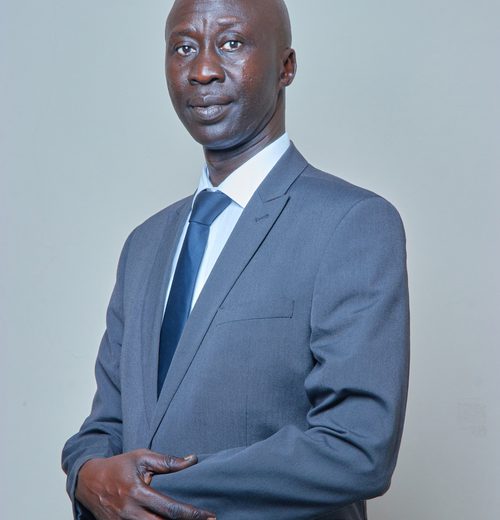While geographically distant, Africa has been impacted by the Israeli-Palestinian conflict in several ways, influencing politics, diplomacy, and societal dynamics across the continent. In the wake of the ongoing conflict, African nations are urged to navigate economic challenges and geopolitical complexities with caution. The repercussions of the conflict are being keenly felt by policymakers and investors across the continent, amidst concerns of exacerbating existing vulnerabilities and the Russia-Ukraine conflict.
The fragility of African economies, coupled with limited buffers to absorb external shocks, underscores the need for careful management to mitigate potential disruptions. Heightened global risk aversion at the onset of the conflict initially drove up risk premia, but recent weeks have seen a shift in investor focus towards factors such as the trajectory of the US economy and Federal Reserve policy, resulting in a more tempered outlook.
Any escalation could trigger capital flight from emerging markets, impacting currencies, bonds, and stock markets across Africa. The reliance of many African economies on commodity exports makes them particularly susceptible to fluctuations in global prices, with energy markets being of particular concern due to their impact on inflation and monetary policy. The World Bank has warned of a potential global economic shock, including soaring oil prices and widespread food insecurity, should the conflict escalate further.
While some African nations stand to benefit from rising gold prices, others, including oil-importing countries, could face significant challenges. Moreover, the geopolitical ramifications of the conflict add another layer of complexity, forcing African states to navigate delicate alliances and geopolitical pressures.
As the Gaza war rages on, the occupied West Bank faces escalating instability. Increasing army raids, settler attacks, and Palestinian fatalities are heightening tensions. Settlers are driving villagers from their homes, seizing lands and herds, often with Israeli forces’ support. The situation for refugees in the West Bank is dire, and UNRWA’s potential service cuts due to funding issues could worsen security and spark social unrest.
Israel has blockaded the West Bank since the 7 October Hamas attack, causing economic collapse and undermining the Palestinian Authority (PA). Israel withheld $257 million in tax revenues, further straining the PA. Support for Hamas has surged, while the PA’s popularity plummets. Most Palestinians now want President Mahmoud Abbas to resign, and senior PA officials are considering a future without him. Intra-Palestinian reconciliation remains elusive.
On the Israeli-Lebanese border, Israel and Hizbollah have engaged in repeated clashes since 8 October. Hizbollah’s attacks are framed as solidarity with Palestinians, but the group avoids full-scale war. Diplomatic efforts aim to de-escalate tensions, with proposals for partial compliance with UN Security Council Resolution 1701. Despite severe incidents and displacement of residents, both sides maintain a precarious balance.
Egypt-Israel tensions have heightened over fears of forced Palestinian displacement into Sinai. Egypt opposes such actions, warning it could withdraw from the 1979 peace treaty if Israel pursues this path. Diplomatic efforts focus on preventing an Israeli ground offensive in Rafah and securing humanitarian aid access through the Rafah crossing. Egypt is leveraging its strategic position to seek financial support while addressing economic and security challenges exacerbated by the Gaza war.


